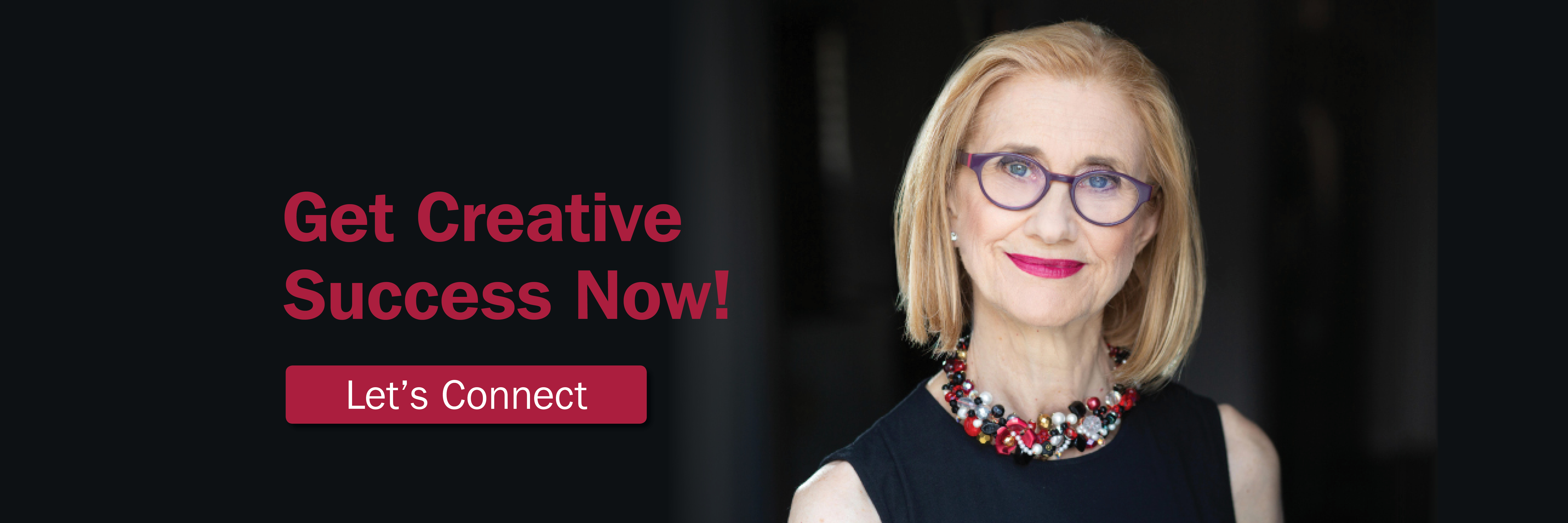One of the hallmarks of a music entrepreneur is having a vision and taking action to make that vision happen. In my role as Coordinator of Career Strategies at the Yale School of Music, I have the privilege of working with an extraordinarily talented group of musicians, all of whom have worked hard to get to where they are. Yet many of these students do not have a vision for where they want to take their careers. Since having a vision is a powerful motivator for creating career success, how do you create such a vision for yourself?
In my experience, many successful musicians got their career inspiration from listening to other people and paying attention when they got excited about something that someone else was doing. In other words, they met someone and realize, “That’s what I want to do.” Then, they put their personal spin on the idea and that became their vision.


